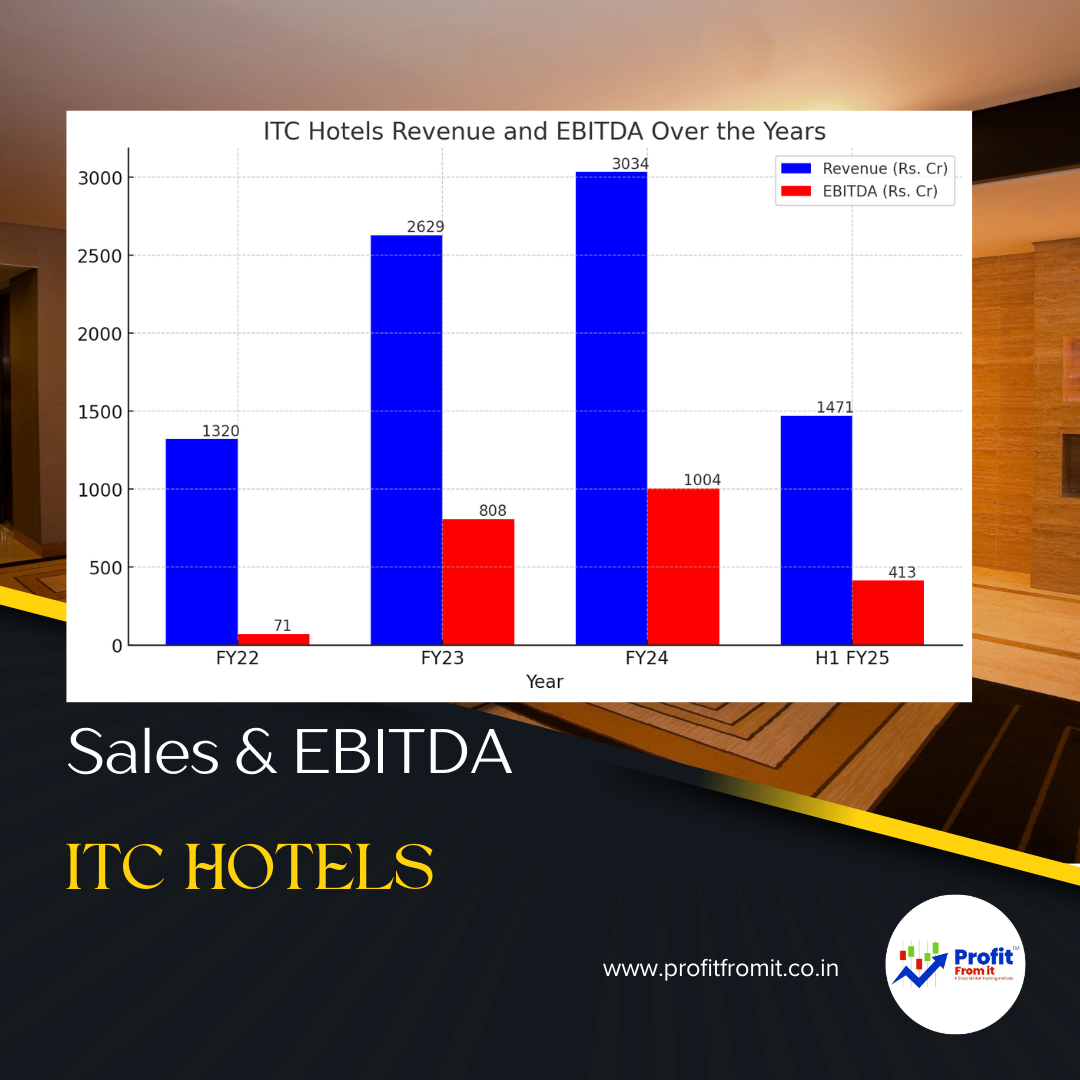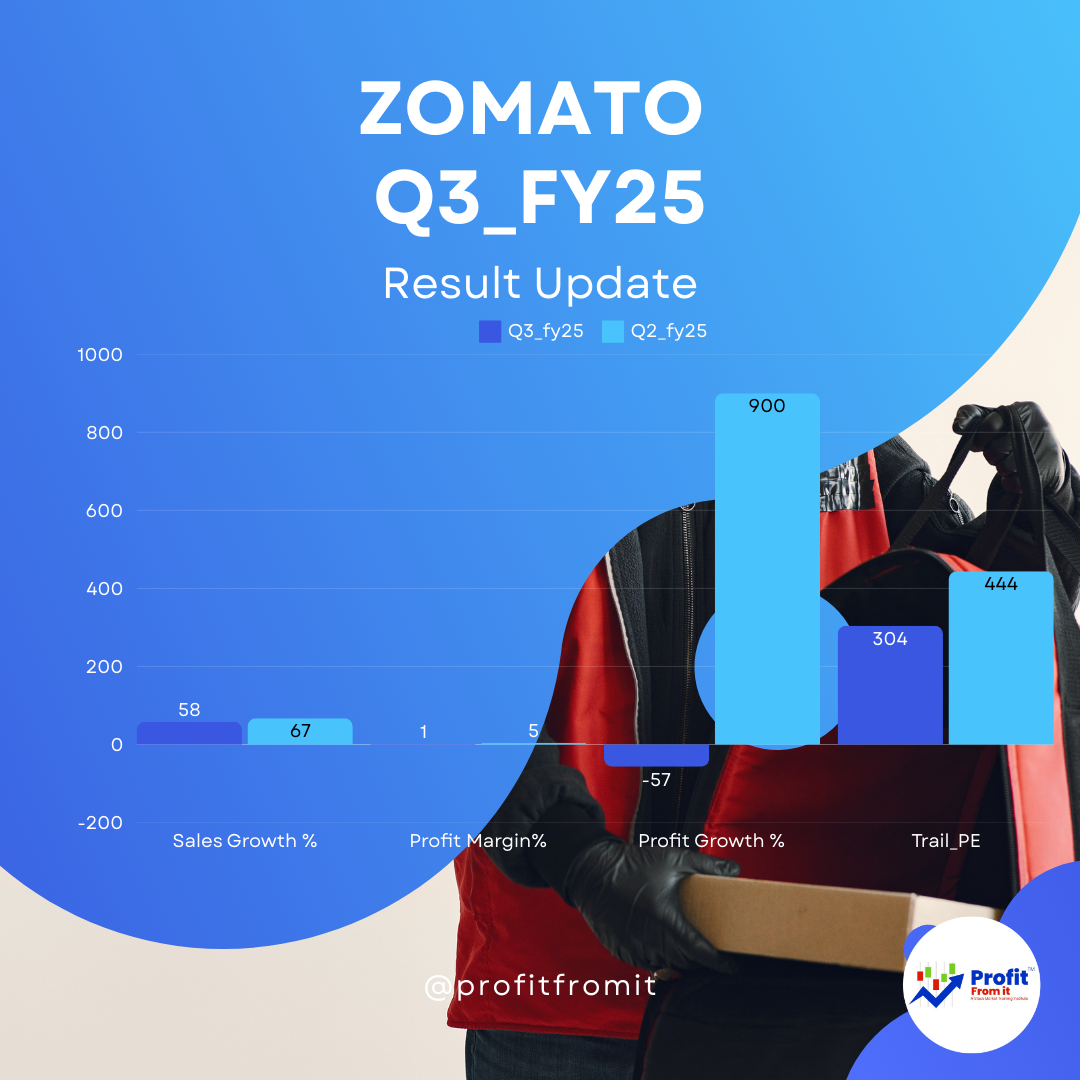
Can Retail Investors Apply in Big HNI Category? Everything You Need to Know
Are you a retail investor wondering if you can apply for IPOs in the Big HNI (bHNI) category? The answer is Yes, but with some important conditions. Your application amount, not your investor classification, determines the category you fall into. Let’s delve into the details so you can make informed choices during your next IPO application.
IPO Application Categories Explained
IPO applications are divided based on the application amount, regardless of whether you're a retail investor, HNI, or any other category. Here’s how the categories are segmented:
Key Clarification
Your investor label (retail, HNI, etc.) does not restrict your application category. Instead, your application value determines your IPO category.
Can Retail Investors Apply in the Big HNI Category?
Yes. If you plan to apply for more than ₹10 lakh in an IPO, you will automatically fall under the Big HNI (bHNI) category—even if you're a retail investor.
Example:
- If you usually apply ₹1.5 lakh, you are classified as a Retail Individual Investor.
- If you decide to apply ₹12 lakh, your application will be categorized as a Big HNI application.
Important Points to Remember
- Application amount matters: The category is based solely on how much you bid; your investor type is secondary.
- Single application per IPO: Do not apply in multiple categories with the same PAN, as it leads to automatic rejection.
- Use ASBA: All categories—including retail, sHNI, and bHNI—must use ASBA (Application Supported by Blocked Amount) for submitting IPO bids.
- Funds readiness: Ensure sufficient funds in your bank account linked with ASBA before applying, especially in higher categories.
Common Mistakes to Avoid
- Applying in retail and HNI segments simultaneously using the same PAN. This is prohibited and can lead to disqualification.
- Underestimating the application amount needed to qualify as a bHNI, or betting on applying multiple times in hopes of gaining higher allotment odds—this is not allowed.
Tips for IPO Investors
- Apply responsibly: Decide your application amount based on your investment goals.
- Monitor IPO trends: HNI categories often experience high oversubscription, so applying in the right category can improve your chances.
- Stay compliant: Follow SEBI norms strictly to avoid rejection or penalties.
Conclusion
Retail investors can definitely apply in the Big HNI category if their application exceeds ₹10 lakh. Your application amount, not your investor classification, determines your category.
Being strategic with your application amounts and following SEBI norms can give you an edge in competitive IPOs. Just remember to apply only once per IPO per PAN, ensure sufficient funds, and choose the correct category based on your bid size.
Disclaimer
This guide is for informational and educational purposes only. It does not constitute investment advice or an offer/recommendation. Always consult financial advisor before participating in IPOs.
can retail investors apply in big hni category, IPO hni category, retail vs hni ipo application, ipo application rules, big hni ipo meaning, hni ipo allotment, asba application limit, ipo bidding strategy, retail investor ipo limits, small hni big hni difference



 for Investors The provided chart outlines key metrics for Nifty 500 companies across different periods (FY22 t.png)





